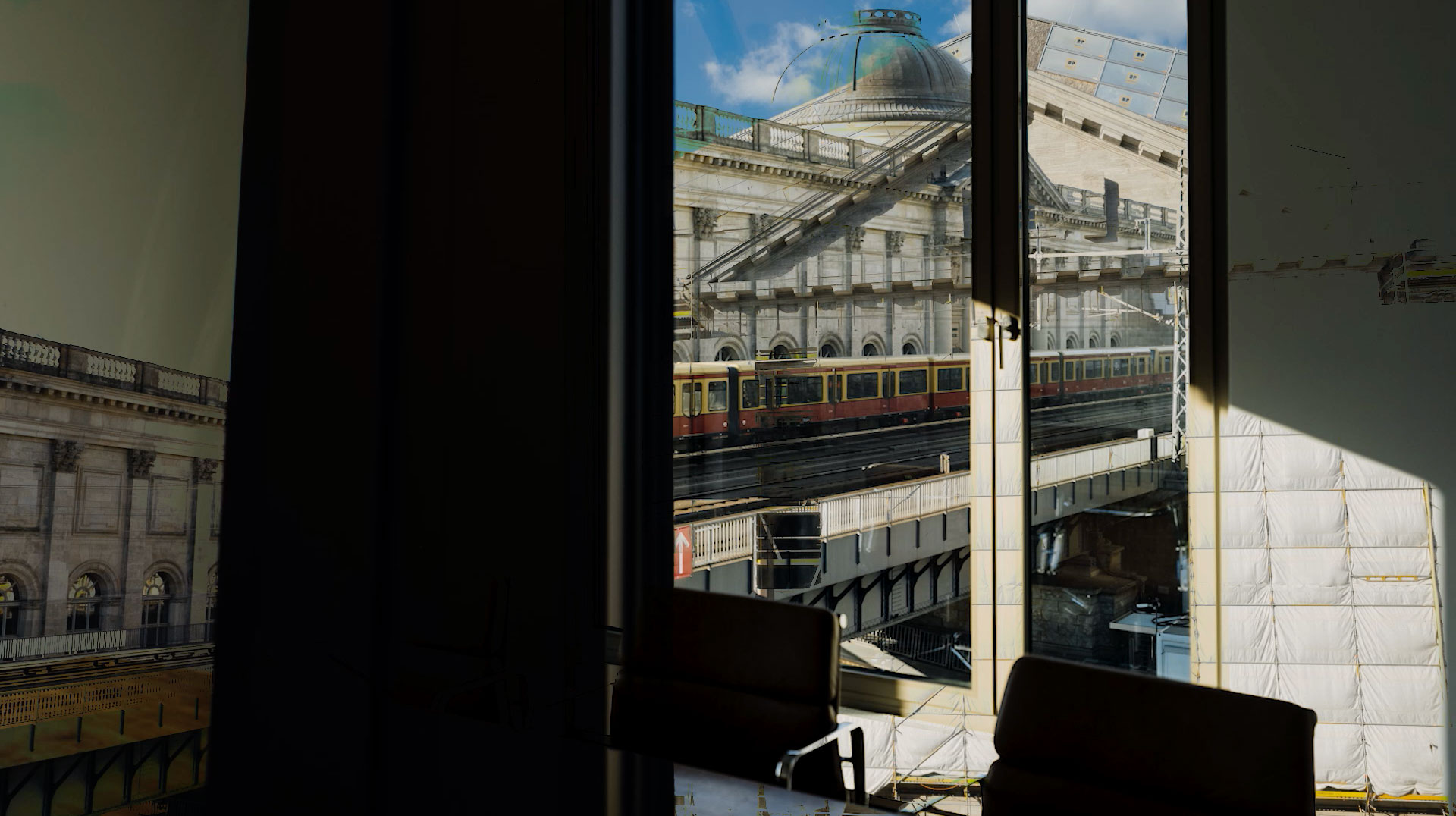Minister of State for Culture Claudia Roth and Foreign Minister Annalena Baerbock have paved the way for the return of Benin bronzes during a ceremony at the Federal Foreign Office. In future, restitution agreements can be concluded between German museums and the Nigerian National Commission for Museums and Monuments (NCMM ).
This means that around 1,100 precious Benin bronzes, which can be found in around 20 German museums, will gradually find their way back to their homeland. Back to the roots in the former Kingdom of Benin, which today belongs to Nigeria. The bronzes were plundered from the palace of the Kingdom of Benin by British colonial troops during a so-called punitive expedition in 1897 and found their way to Germany, mainly via the port of Hamburg as an important gateway, and spread throughout continental Europe. In the "exotic distance", towns, villages and the cultural legacy of entire ethnic groups were wiped out. At the same time, the new European ethnological museums were filled in a race to bring the "wild and exotic" to the population in the museums at home.
Experts assume that between 80 and 90% of Africa's cultural heritage is stored in European museums. The most extensive Benin bronze collections in Germany are held by the Linden Museum in Stuttgart, the Museum am Rothenbaum in Hamburg, the Rautenstrauch-Joest Museum in Cologne, the Ethnological Museum in Dresden/Leipzig and the Ethnological Museum in Berlin. Last year, these museums, together with the federal government and representatives of the Nigerian government, announced the return of ownership rights. Cultural policy thus ensures a commitment of national significance.
The German government stands by the historical atrocities of colonialism. Pascal Decker, expert in art law: "This historic agreement ensures that the colonial past is dealt with and a new foundation for cultural cooperation can emerge. The current cultural policy debate is bringing a breath of fresh air to dusty colonial mindsets. The restitution of colonial looted art is a start. Cultural cooperation can now be practiced on an equal footing. The prevailing consensus at the time that the works were better off in Europe because they were safe from environmental influences, armed conflicts and decay is now a thing of the past.
Minister of State for Culture Roth emphasizes that "culture is the basis of all cooperation [...]. It allows us to work on the past in order to make a common future possible". It is therefore all the more gratifying that, in addition to the declaration, cooperation on training young museum professionals and even support for the construction of a new museum in Benin City were also agreed.

